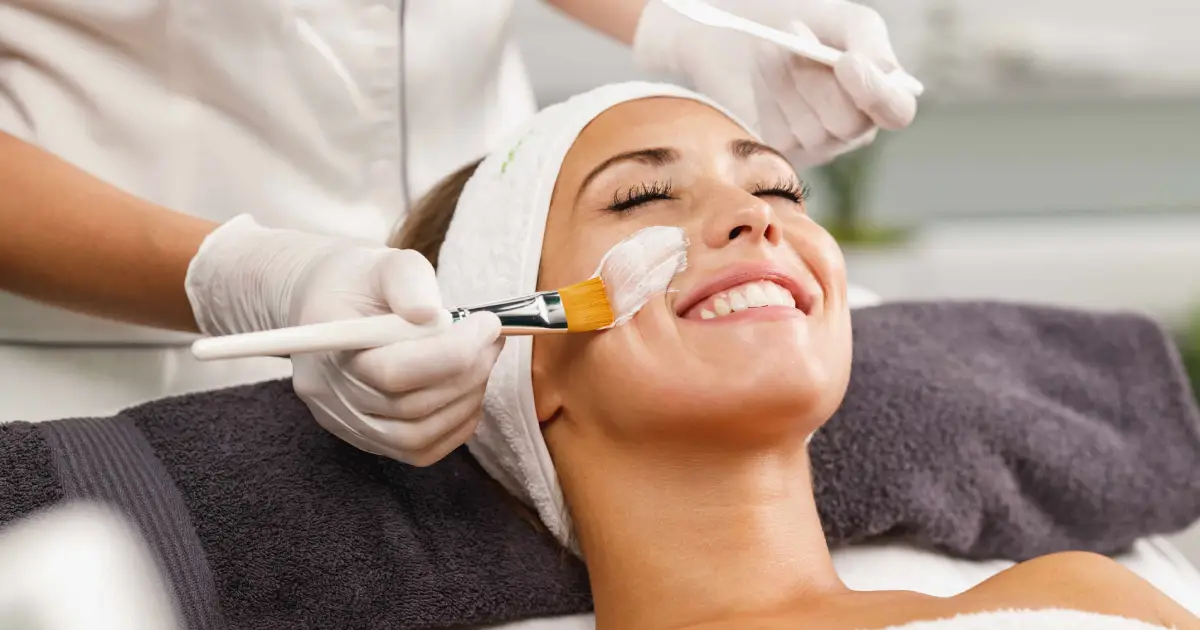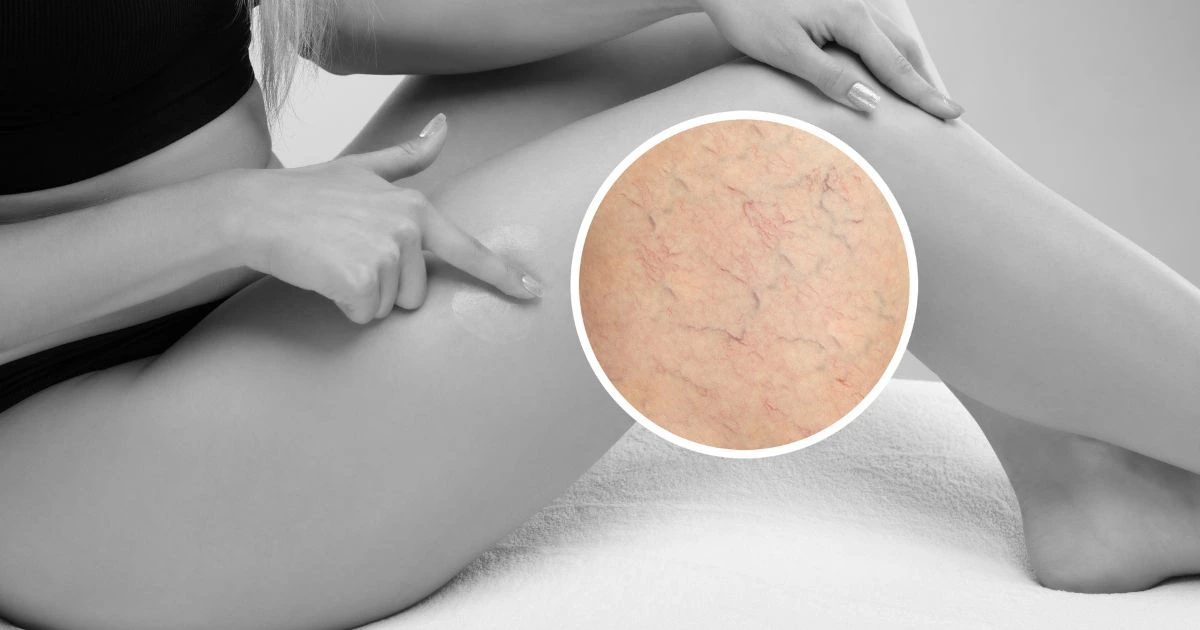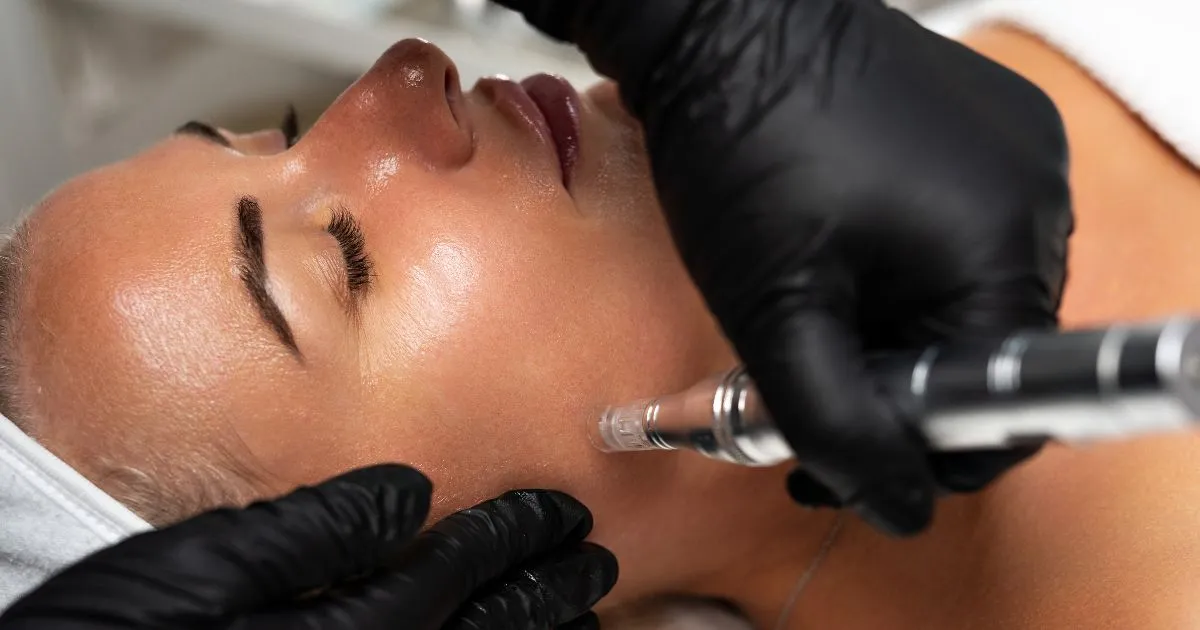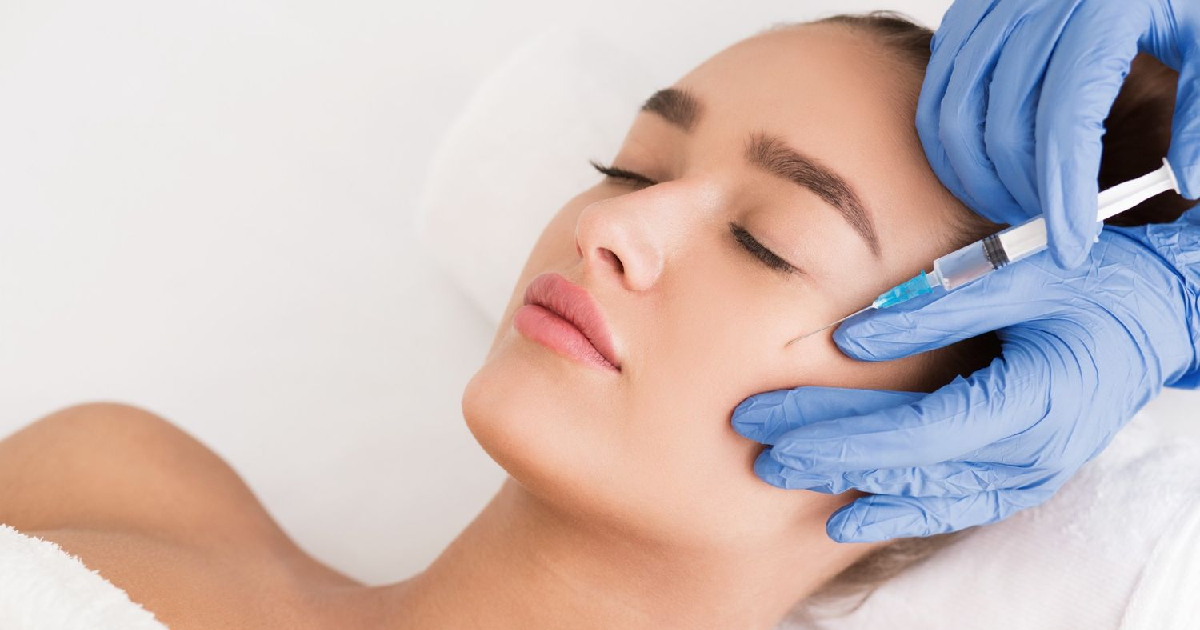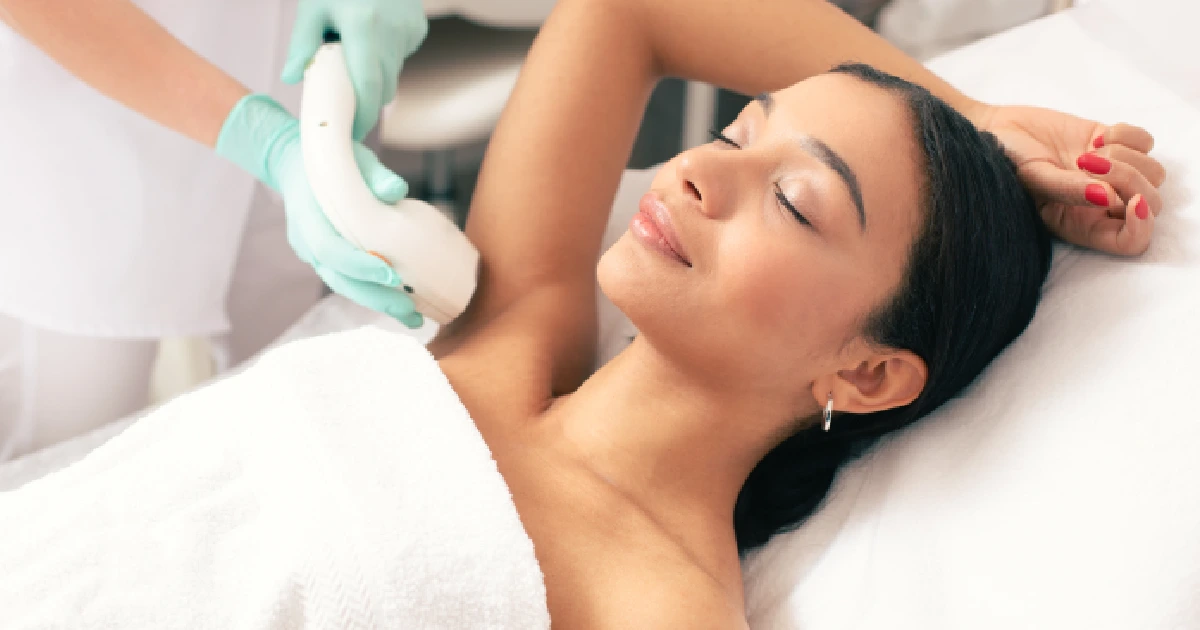Table of Contents
Are Your Skincare Products Making Your Skin Worse?
If you’ve ever bought a new moisturizer or cleanser with high hopes, only to break out days later, you’re not alone. Many people trying to care for their skin end up frustrated when products meant to help with acne seem to do the opposite. It’s a common concern, especially among teens and young adults who are already managing hormonal changes. But the reality is, some skincare products do contain ingredients that clog pores, irritate skin, or throw off its natural balance.
In this article, we’ll look at how skincare can influence breakouts, which acne-causing ingredients to watch out for, and what to do if your routine might be making things worse. We’ll also explain how professional acne treatment can help restore clear, healthy skin—even when product-related acne is part of the problem.
Understanding How Skincare Can Cause Acne
Not all acne is caused by hormones or genetics. Sometimes, what you put on your skin triggers breakouts. This is known as product-related acne, which can affect people of any age.
Here’s how it happens:
- Pores get clogged by heavy creams, oils, or certain waxes.
- Irritating ingredients disrupt your skin barrier, making it more prone to inflammation.
- Layering too many products can overwhelm the skin and trap oil and bacteria.
- Fragrance or alcohol in products can cause redness or flare-ups for sensitive skin.
The result? A cycle of breakouts that don’t respond to over-the-counter solutions because the issue isn’t your skin—it’s your skincare.
Common Acne-Causing Ingredients to Avoid
Many people use products that feel good or smell great, not realizing that some ingredients may worsen their acne. If you’re struggling with skincare and breakouts, it may be time to check your labels for these common offenders.
Comedogenic Ingredients
These are ingredients known to clog pores. While not everyone reacts the same way, some of the more common comedogenic products include:
- Coconut oil
- Isopropyl myristate
- Lanolin
- Algae extract
- Cocoa butter
Heavy Silicones
Using silicones like dimethicone can create a barrier on the skin, which can help lock in moisture. Still, they can also trap oil and bacteria underneath, especially if not properly removed at night.
Artificial Fragrance and Dyes
Added fragrance and color may not benefit skincare, but they can irritate acne-prone or sensitive skin. These are often labeled simply as “fragrance” or “parfum.”
Alcohol-Based Formulas
Some toners and astringents use alcohol to create a matte finish or reduce oil. Unfortunately, they often dry out the skin too much, leading to increased oil production and more breakouts.
Occlusive Oils
Not all oils are bad, but thick, occlusive oils like mineral oil and synthetic petroleum derivatives can sit on the skin and contribute to pore-clogging ingredients, especially in people already prone to acne.
Tips for Choosing Acne-Friendly Skincare Products
Finding products that support your skin, rather than sabotage it, can make a significant difference. When shopping for skincare, especially if you have acne-prone skin, here’s what to keep in mind:
Look for non-comedogenic labeling:
While there is no guarantee, this label suggests the product is less likely to clog pores.
Go fragrance-free:
Products that skip added scent are often gentler and less likely to trigger inflammation.
Choose lightweight formulas:
Gel-based moisturizers and oil-free sunscreens are generally better tolerated by acne-prone skin.
Introduce one product at a time:
Monitoring your skin’s reaction will allow you to identify potential problems early.
Keep your routine simple:
Too many active ingredients or harsh treatments can backfire, especially when combined without professional guidance.
When Skincare Isn’t Enough—How Professional Acne Treatment Helps
If you’ve reviewed your skincare and still experience breakouts, it may be time to consider professional support. At Advanced Care & Medspa, our customized acne treatment in Lisle, IL, is designed to target stubborn breakouts from multiple angles.
Here’s what a personalized plan might include:
- Medical-grade skincare with proven non-comedogenic ingredients
- Chemical peels to gently exfoliate and clear clogged pores
- LED light therapy to reduce inflammation and kill acne-causing bacteria
- Topical treatments with prescription-strength ingredients to regulate oil and reduce breakouts
- Guidance on product selection to build an acne-safe routine at home
With each patient, we identify potential triggers—including the role of pore-clogging ingredients—and build a treatment strategy that improves active breakouts and long-term skin clarity.
Adult Acne and Skincare Habits: What to Know
While acne is often associated with teenagers, adult-onset acne is increasingly prevalent among women in their 20s, 30s, and 40s. Hormone shifts are a significant factor in these cases, but skincare habits can worsen it.
What often contributes to adult acne:
- Using rich anti-aging creams that are comedogenic
- Switching products frequently in an attempt to fix breakouts
- Applying heavy makeup without proper cleansing routines
- Layering serums and actives that conflict with one another
If you’ve been adjusting your skincare without seeing improvement, a deeper look into acne-causing ingredients may be necessary.
How to Tell if Your Skincare Is Causing Breakouts
It’s not always easy to identify the culprit, especially with multi-step routines. But here are a few signs that your products might be contributing to your acne:
- New breakouts appear shortly after starting a product
- Breakouts are concentrated in areas where products are applied most heavily
- Your skin feels greasy, congested, or unusually irritated
- Acne worsens despite using over-the-counter solutions
Working with a skincare specialist or medical provider can help identify whether product-related acne is at play and guide you toward safer alternatives.
Why Professional Guidance Makes a Difference
The acne aisle can be overwhelming. Influencer recommendations and product hype often lead to impulse buys that aren’t right for your skin. At Advanced Care & Medspa, we help take the guesswork out of your skincare routine.
By evaluating your current products and skin condition, we build a plan that supports your skin health, not just short-term results. Whether your acne is hormonal, environmental, or triggered by skincare choices, we provide effective, evidence-based treatment options.
Clearer Skin Starts with Smarter Choices—Let’s Take the First Step Together
If you’ve been cycling through skincare products without results—or worse, noticing more breakouts—it’s time to reassess what you’re using and how it’s affecting your skin. Understanding the link between acne-causing ingredients, your routine, and your skin’s unique needs can make a real difference. At Advanced Care & Medspa, we don’t believe in one-size-fits-all solutions. Our professional acne treatment in Lisle, IL, helps patients of all ages overcome product-related acne and get on a clearer path with confidence.
Whether you’re dealing with adult-onset acne, persistent breakouts, or skincare confusion, we’re here to help you simplify your regimen, address underlying causes, and protect your skin from further irritation. With the proper support and guidance, long-term skin improvement is possible.
Is Your Skincare Sabotaging Your Skin? Find Out Now!
Contact us at Advanced Care & Medspa for expert advice, professional treatment options, and product recommendations based on your skin’s needs. We proudly serve individuals seeking trusted acne treatment in Lisle, IL, and surrounding communities.


